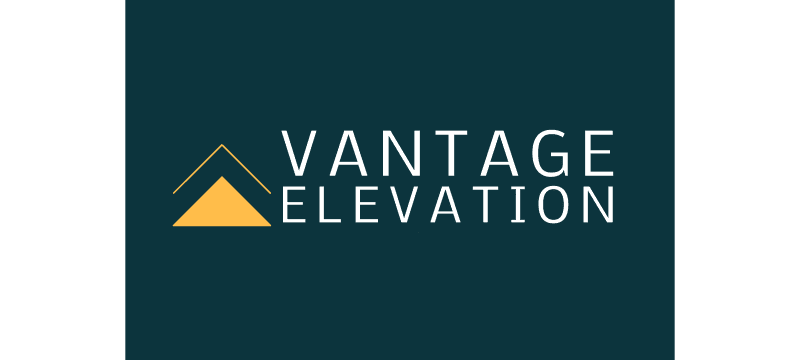How to Train Your Brain to Stop Anxiety: Strategies for Managing Panic Attacks, Excessive Thinking, and Social Anxiety

Posted on March 30th, 2023
Anxiety can be a challenging and overwhelming experience, affecting not only our mental health but also our physical well-being. Whether it manifests as panic attacks, excessive thinking, or social anxiety, anxiety can disrupt our daily lives and make it difficult to function. However, there are strategies and techniques that can help train our brains to stop anxiety and manage its impact. In this blog post, we will explore strategies for managing anxiety, including mindfulness, cognitive-behavioral techniques, and relaxation techniques.
Cognitive-Behavioral Techniques
Cognitive-behavioral techniques are another effective strategy for managing anxiety. These techniques involve identifying and challenging negative thought patterns and replacing them with more positive and realistic thoughts. Cognitive-behavioral techniques can be used to address specific anxiety-related concerns, such as social anxiety or excessive thinking.
One cognitive-behavioral technique for managing panic attacks is cognitive restructuring. This technique involves identifying and challenging negative thoughts that contribute to panic attacks and replacing them with more positive and realistic thoughts. Another cognitive-behavioral technique is exposure therapy, which involves gradually exposing oneself to feared situations or triggers in a safe and controlled environment, with the support of a mental health professional.
Relaxation Techniques
Relaxation techniques are another effective strategy for managing anxiety. These techniques involve focusing on the body and reducing muscle tension to promote feelings of calm and relaxation. One relaxation technique that can be helpful for managing panic attacks is progressive muscle relaxation, which involves tensing and releasing different muscle groups throughout the body. Another relaxation technique is visualization, which involves imagining oneself in a peaceful or calming environment.
Another relaxation technique that can be helpful for managing anxiety is deep breathing. Deep breathing involves taking slow, deep breaths from the diaphragm, rather than shallow breaths from the chest. This technique can help calm the nervous system and reduce feelings of panic and anxiety. It's important to practice deep breathing regularly to build up the skill and make it easier to access during times of anxiety.
Guided imagery is another relaxation technique that can be effective for managing anxiety. Guided imagery involves using mental images to promote feelings of relaxation and calmness. This technique can involve visualizing oneself in a peaceful or calming environment, such as a beach or a forest. It can also involve visualizing positive outcomes or experiences, such as succeeding at a task or receiving love and support from others.
Lifestyle Changes
In addition to mindfulness, cognitive-behavioral techniques, and relaxation techniques, making lifestyle changes can also help manage anxiety. Engaging in regular exercise, getting enough sleep, and maintaining a healthy diet can all help reduce feelings of anxiousness. Additionally, avoiding caffeine and alcohol and practicing good time management can help reduce stress and anxiety.
Engaging in activities that promote relaxation and self-care can also be beneficial for managing anxiety. Activities such as taking a warm bath, reading a book, or listening to music can help promote feelings of calmness and relaxation. It's important to prioritize these activities in your daily routine to help reduce stress and promote overall well-being.
Finally, seeking social support can also be an important aspect of managing anxiety. Talking to friends or family members about your feelings and experiences can help reduce feelings of isolation and promote feelings of connectedness. Additionally, joining a support group or seeking therapy can provide a safe and supportive environment to work through anxiety and develop effective coping strategies.
Seeking Professional Help
While these strategies can be effective for managing anxiety, it's essential to seek professional help if your anxiety is impacting your daily life and functioning. A mental health professional can provide personalized support and guidance in managing anxiety and developing coping strategies. They can also help address any underlying mental health conditions that may be contributing to anxiety.
Therapy can provide a safe and supportive environment to work through anxiety and develop effective coping strategies. Therapy can help individuals identify and challenge negative thought patterns and beliefs that contribute to anxiety. Additionally, therapy can provide a space to practice mindfulness and relaxation techniques, and to develop strategies for managing symptoms of anxiety in the moment.
Working with a mental health professional can also help individuals develop a deeper understanding of the root causes of their anxiety. By exploring past experiences and emotions, individuals can gain insight into the underlying factors that contribute to their anxiety. This can help individuals develop a greater sense of self-awareness and make positive changes in their lives that can promote overall well-being.
Conclusion
In conclusion, anxiety can be a challenging experience, but there are strategies and techniques that can help train our brains to stop anxiety and manage its impact. Mindfulness, cognitive-behavioral techniques, and relaxation techniques are all effective strategies for managing anxiety, including panic attacks, excessive thinking, and social anxiety. At Vantage Elevation Counseling & Consulting, we specialize in helping individuals manage anxiety and other mental health concerns. If you are struggling with anxiety, please don't hesitate to reach out to us. We offer individual therapy and counseling services that can help you develop effective coping strategies and improve your overall well-being.
To learn more about our services, please contact us at (360) 209-1813 or email us at [email protected].
Get In Touch
Contact Form
Send a message with any questions about my services.
